The Oardinary Boys - Not So Ordinary
Last year, Oli Glanville and George Randell set off from Canary Islands on December 14, and arrived 3,000 miles later in Antigua. It took them 'just' 37 days to complete the gruelling row known as the Talisker Atlantic Whiskey Challenge - making them the second fastest pair in history. We figured the lads would need some technical clothing to help them during their epic journey, so we hooked them up, and have no doubt it was the sole reason for their record-breaking result. Surely right!? Okay, maybe not. But in all seriousness, what Oli and George were able to accomplish was truly remarkable, and we figured it was time to hit them up and learn a little more about their passion and the race itself.
-
Billed as the ‘world’s toughest row’, what was the driving force behind competing in the Talisker Whisky Atlantic Challenge? Obviously charity had a big part to play?
Certainly charity had a huge part to play. I chose Alzheimer’s Research UK as I had experience of growing up with grandparents that suffered from Alzheimer’s. George chose The Against Malaria Foundation, an awesome charity, for its effectiveness in providing nets and saving lives so efficiently. Both of us have raised money for these charities before.
-
Who originally came up with the idea, and did it take much to convince the other person to join in? Or was it literally a joint decision?
Strangely, we sort of both found out about this adventure separately, and it came up in conversation one evening over a few beers at the pub. It was a classic case of ‘oh that’d be awesome to do’, but usually the next morning you think better of it. The next day we spoke again and decided to crack on and give it a shot. This was somewhat naive, not knowing the difficulties we would have in preparing for and completing the challenge.
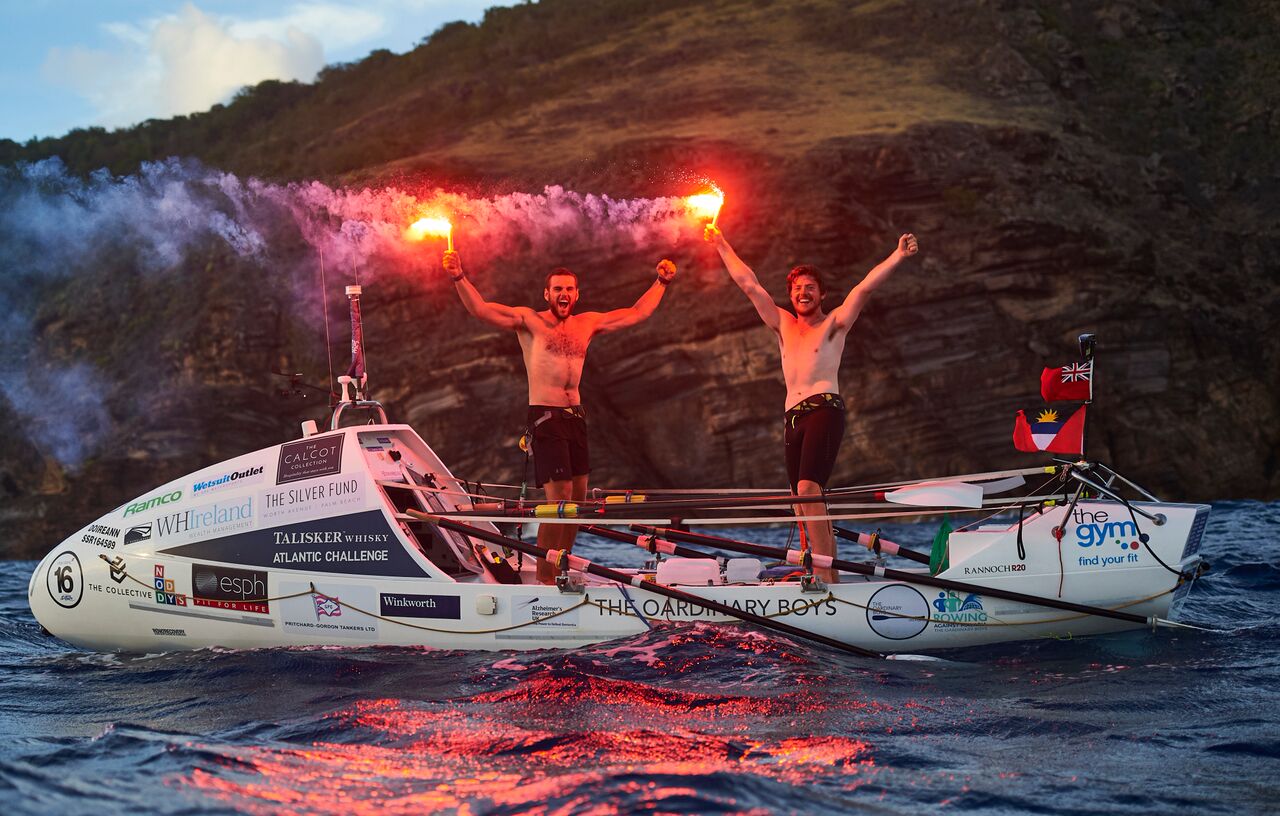
-
It’s definitely not the easiest race in the world. What was the preparation/training like to get yourselves in proper physical condition?
Yes, that might be the understatement of the year! It was far tougher than we could ever have imagined. Training was full on. For months beforehand, we would be in the gym 6 days a week for 2 hours at a time. A lot of time on rowing machines, combined with lifting heavy weights. We had to gain about 10kg for the race as we were going to lose about 20% of our bodyweights. Spending that much time on a rowing machine was incredibly boring! We also had several RYA and watermaker maintenance courses to take, and we spent many days and nights training in our boat in the North Sea and the Solent.
-
Were there ever times before the race commenced where you questioned whether you were ready?
Absolutely. One of the biggest elements about this sort of campaign is the cost behind doing it. We had to raise in excess of £60,000 of corporate sponsorship to be able to get to the start line. That was one of the most difficult challenges of the campaign, and we only knew we had enough capital about a month before the race started. Furthermore, we were up against endurance athletes, Swiss SAS, Parachute regiment soldiers and experienced seafarers. When comparing yourself to these people, you feel less prepared. Finally, flying in to the Canary Islands (where we started the race), we could see ocean as far as the eye could see. Realising that our tiny boat would have to get across this, and so much more, was certainly eye opening and doubts crept in.
-
During the race, what were the highlights and lowlights?
Highlights certainly include the wildlife. We had a pod of 5 pilot whales come within 10 feet of the boat, and a huge humpback whale that surfaced just next to us which was amazing. These whales were bigger than our 22 foot boat, and they seemed so at ease. Those were special moments indeed. However, strangely, some of the most banal moments were also amazing. When you come up for a night shift, it isn’t raining, the stars are out, and a great song comes on - there is nothing like that moment of ecstacy! Even so, within the space of two hours you could go from the highest highs to the lowest lows - the effect of running on minimal sleep and huge calorie deficit. Combined with a 24/7 regime of 2 hours rowing and 2 hours resting, you were susceptible to seriously dark spells, some of which were triggered by something as ridiculous as running out of your favourite chocolate bar!
The lowest moments largely came in the tropical storm that passed over us on the second week of the crossing. We saw 9 metre waves (some of them breaking), a confused sea, up to 55 knot winds, and no night time visibility as it was a new moon and cloudy skies. Not seeing the waves coming was really quite scary, and we ended up capsizing 3 times at night. Although we were harnessed to the boat, swimming around and trying to climb back in was pretty brutal. Great fun surfing down waves at 16 knots though!
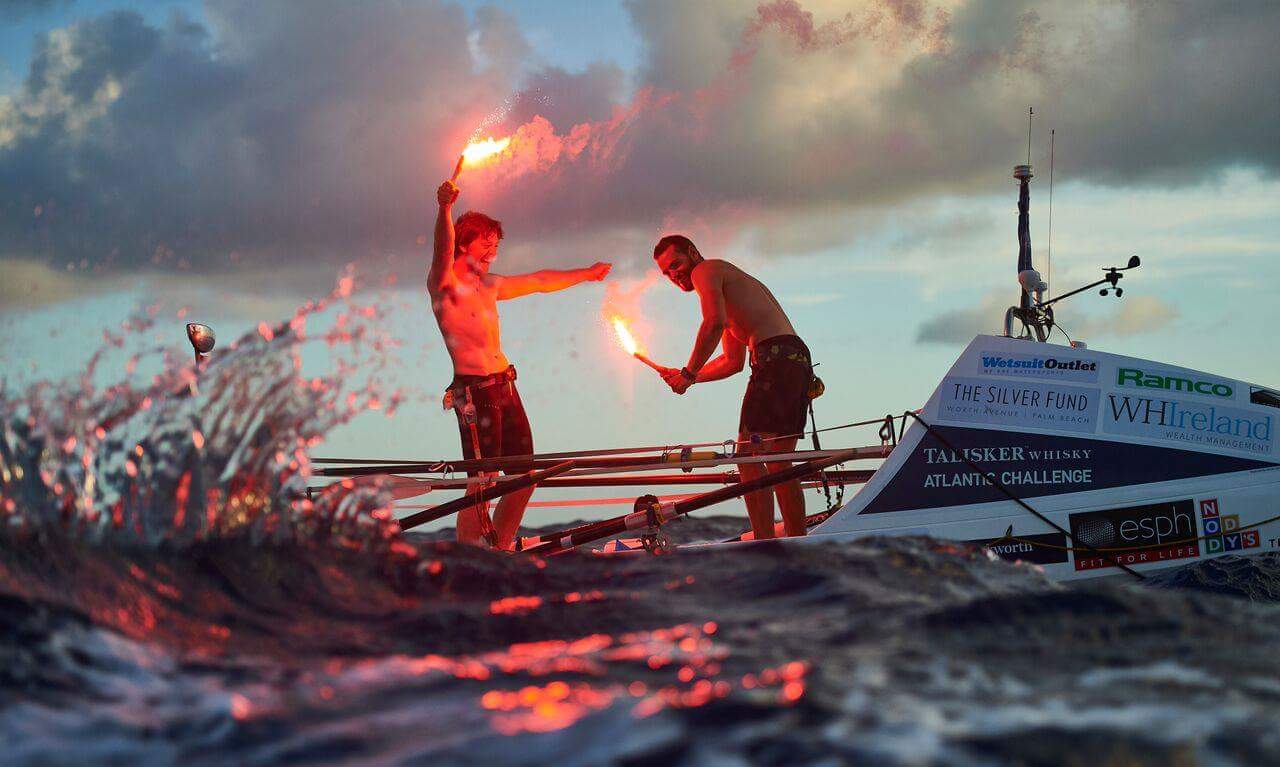
-
Did the kit we provided help out?
Massively. In fact we rated our kit at the end, and the Musto MPX Smock was the most useful item of kit on boad. It was light, breathable and easy to get on and off which was crucial. We practically lived in our wet weather gear for the week in which the first storm came, and it stopped us from being drenched by the walls of water that came over the side. Once in the tradewinds, the smock was really handy to put on when a squall would come by too. Quite often it was the only item of clothing we would have on! The rash vests were great too, particularly from blocking the intense sun during the height of the day, so thank you!
-
Did you have any idea when you crossed the line that you were the second fastest pair in history to complete the race?
We didn’t know we were doing so well for the majority of the race. However, ¾ of the way in, we realised that we had a serious race on our hands. This was great in giving us the motivation to push on - there was only one 20 minute period when neither of us was on deck. The main objective was for us to get across safely, and to remain friends. Anything else was a bonus, but it is pretty awesome to know.
-
What was the best thing about being back on land?
The most simple things were absolute luxuries when we arrived. Running water, real porcelain toilets, and most importantly proper food after our freeze dried rations. The first meal back - a classic burger and chips - was a special moment indeed. Seeing friends and family after 37 days at sea was an incredible, unforgettable moment. Arriving in Antigua was fantastic - it really is a magical place. We couldn’t really walk for the first few days, as we hadn’t stood up for so long. We looked like the local village drunkards. A lot of eating happened. Because we were so used to eating 6000 calories a day, we were constantly hungry, and so we were always eating. Antigua is renowned for its rum punches, and we had a fair few of those when we were there.
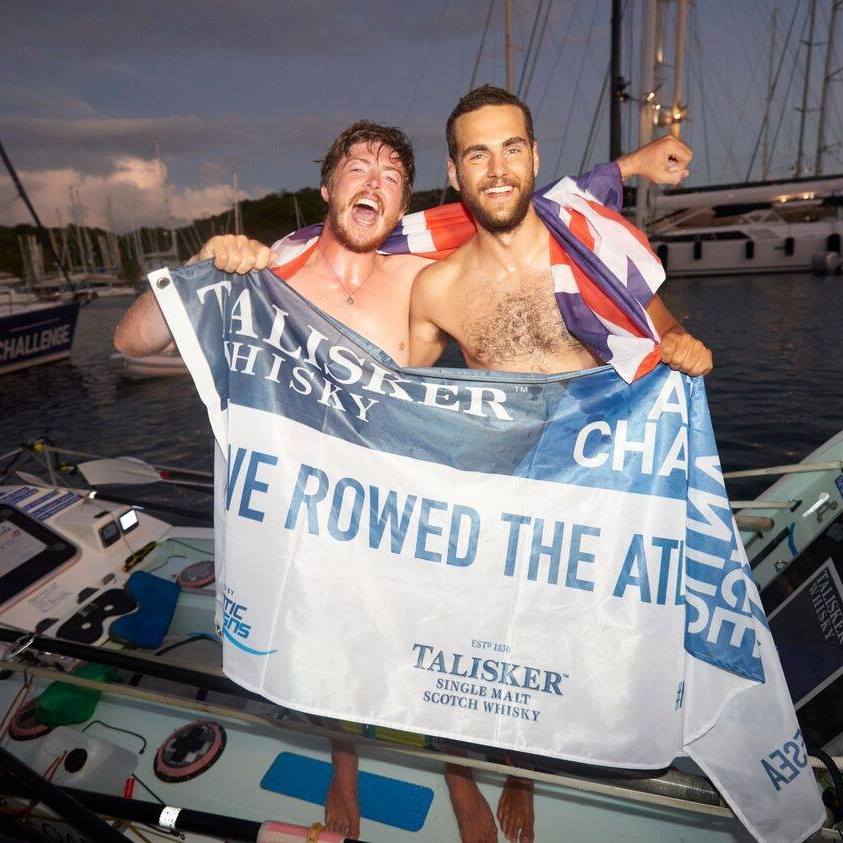
-
Overall, what did you both enjoy most about the experience?
Oli - It's difficult to pinpoint, as there were so many amazing moments, from meeting all the other amazing people doing the race, through to the amazing moment when we saw Antigua and crossed the finish line. There are many memories that I will have for a lifetime. If I had to say one moment, it would be seeing the humpback whale, or the endless hilarious conversations we would have in the middle of nowhere.
George - The simplicity of life for 37 days at sea is something I’ll never have the privilege of experiencing again. Being brought back to basics, focusing on keeping yourself alive and healthy changes the way you think. The contrast between normal life and life on the boat was huge, and so many problems seemed to melt away at sea. Most of all though, making it through the storms and the suffering makes you feel you can take on anything day to day life can throw at you back in England.
-
Are there any more races like this one planned for the future?
Well, you don’t do something like this and then just stop what you are doing. It is quite addictive really. Perhaps a big cycle tour, or another long distance event. I might stick to something land based, or sailing, rather than rowing though. Unfortunately, for now, we are both on the job hunt!
Cheers lads!
Published on 20th March 2018 in










































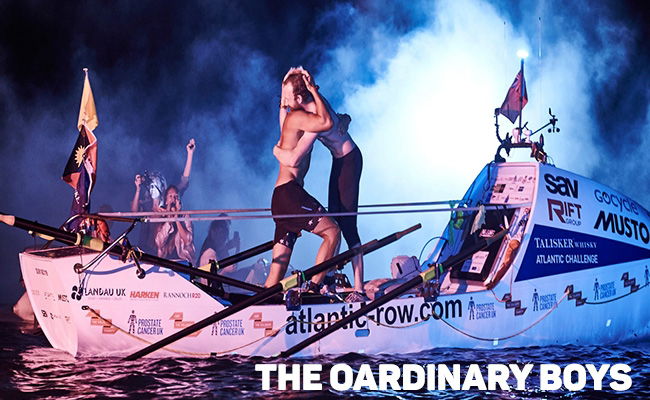





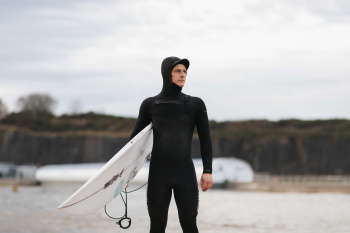
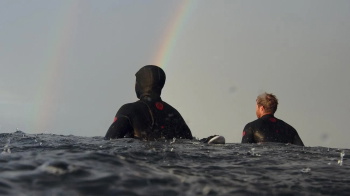
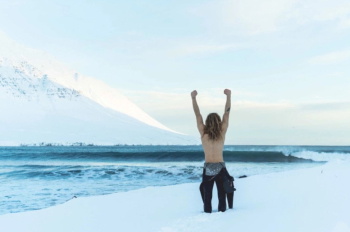
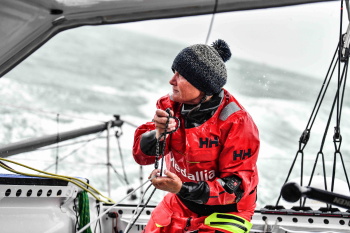


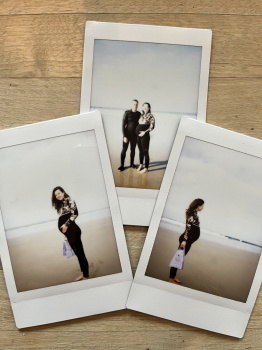
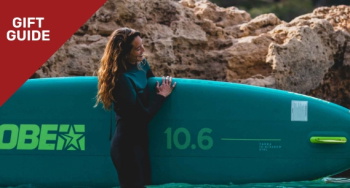

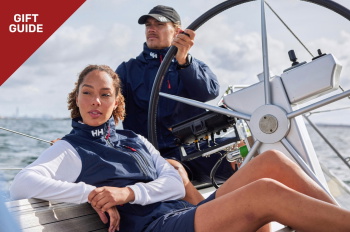
 Visit the US site
Visit the US site 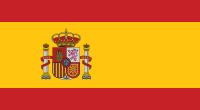 Continuar al ES
Continuar al ES